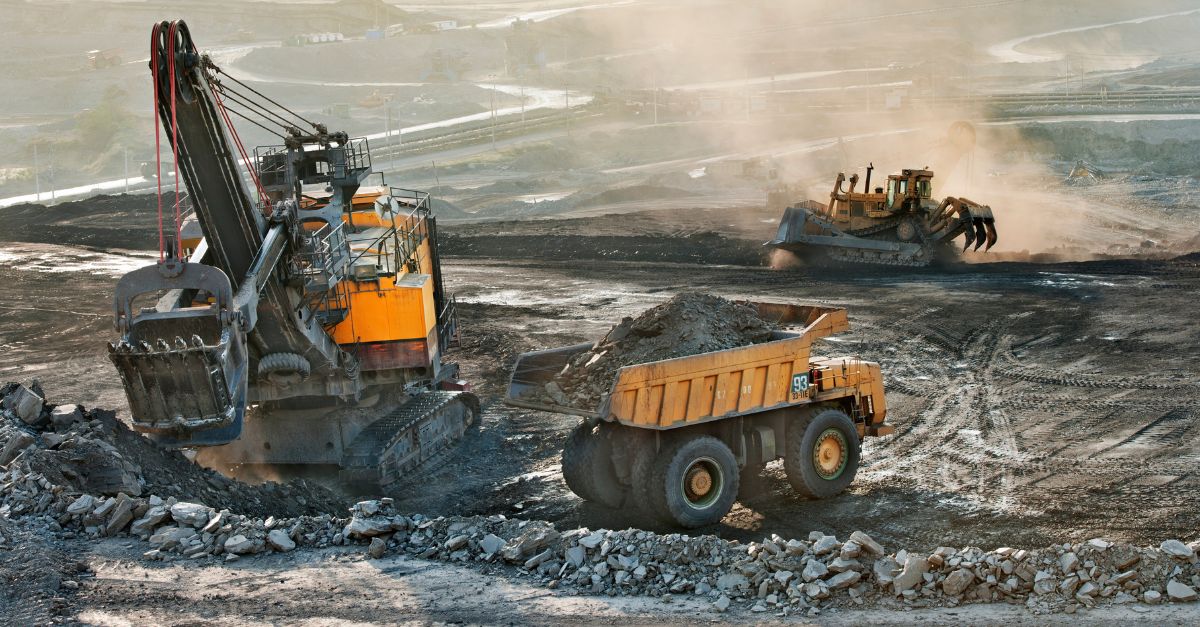India–US Trade Tensions Rise Over Steel and Auto Tariffs NMDC Limited reports a 38% drop in Q4 FY24 consolidated net profit RINL to Raise $23 Million Through Land Sales Amid Crisis

· Coking coal port traffic fell 9% in FY25 amid weak steel demand.
· Steelmakers are blending more domestic coal to manage costs.
· Port operators may need to diversify as coal imports slow down.
India's coking coal imports witnessed a notable decline in port traffic, slipping by 9% year-on-year in FY 2024-25, according to data from the Indian Ports Association (IPA). This downturn reflects a combination of muted steel demand, costlier global coal prices, and a strategic shift towards domestic coal blending by Indian steelmakers.
Major ports such as Paradip, Vizag, and Dhamra recorded lower discharge volumes compared to last year. Steel companies, particularly in the eastern region, curtailed imports due to fluctuating international prices and logistical challenges.
Industry insiders attribute the slowdown to a cautious approach by integrated steel producers like SAIL and JSPL, who are actively diversifying coal sourcing and investing in coal washeries. Additionally, reduced steel exports and an overall flattening of domestic steel production have contributed to the lower demand for imported coking coal.
The decline is also a wake-up call for infrastructure and coal handling terminals, signaling the need to diversify cargo and adapt to the evolving steel manufacturing ecosystem that emphasizes efficiency and self-reliance.
Also Read : Seeking to boost critical mineral supplies, reduce imports: Joshi Pralhad Government aims to expand scrap share in steel manufacture to 50% by 2047: Scindia